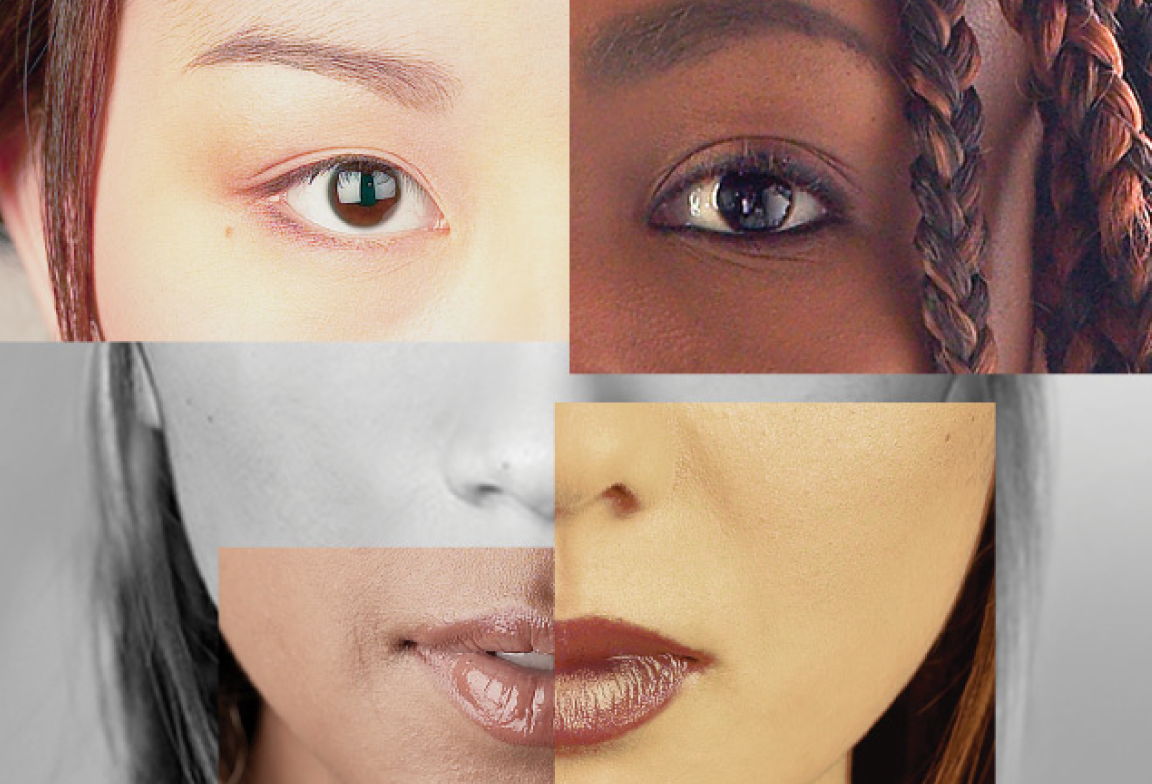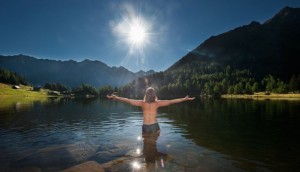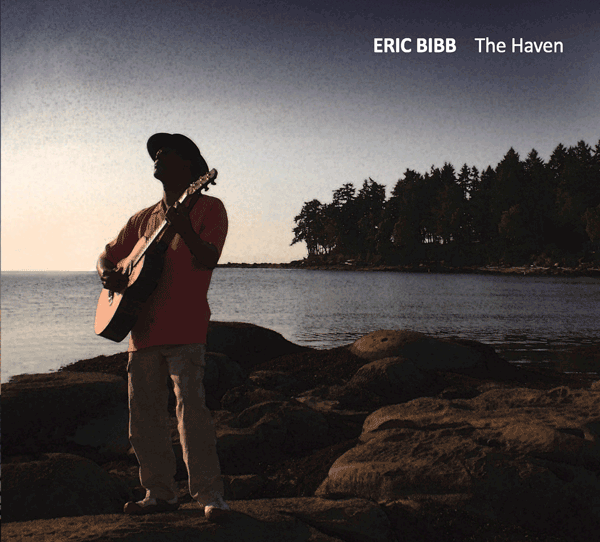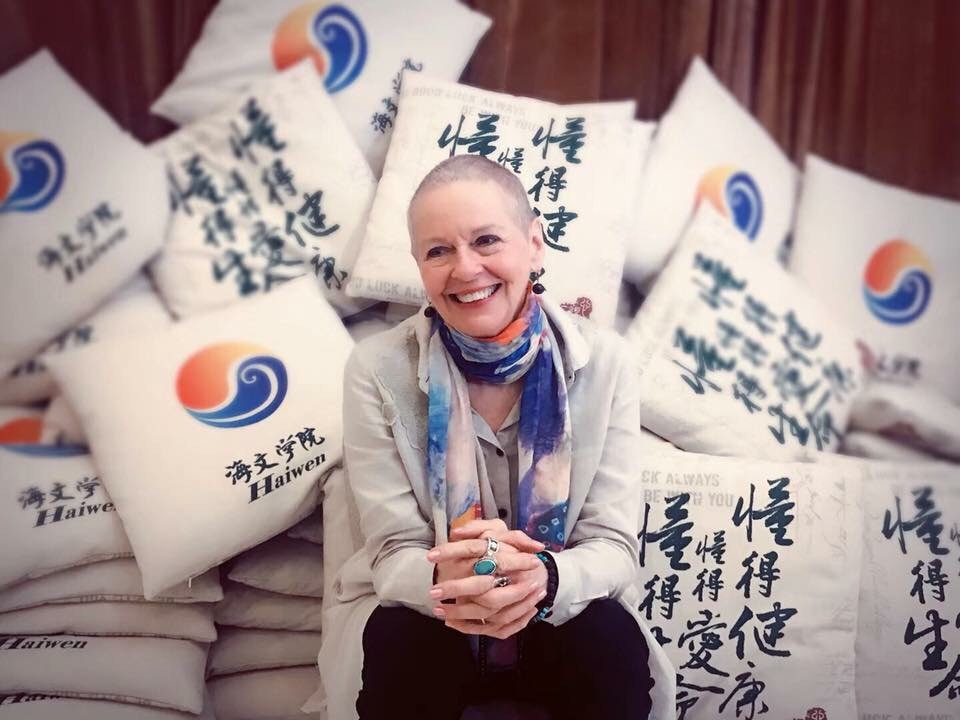So You Want to Talk About Race
Wayne’s Zeitgeist series: So You Want to Talk About Race by Ijeoma Oluo; Protest, poetry by Ella Wheeler Wilcox; and, Bring ’em All In by The Waterboys.
Curated by Wayne Dodge. In the Zeitgeist series, Wayne wades through a world of publications, theories, music, poems and more, sharing his thoughts, discoveries and passions with particular reference to topics that touch The Haven.
When I dare to be powerful, to use my strength in the service of my vision, then it becomes less and less important whether I am afraid. ~ Audre Lorde, writer and civil rights activist.
Book
So You Want to Talk About Race
By Ijeoma Oluo, Seal Press, 2018
I think that this should be required reading for our training program – as well as for anyone who leads programs.
Ijeoma Oluo is a Seattle native. She writes with disarming honesty (and often with humor) about the issues of race and oppression, and how they infuse our culture to such an extent that it is often invisible to those who move in society as part of the mainstream.
I was often uncomfortable reading this book, and brought up short by how often I have not, and do not, check my privilege as a white, educated male.
Privilege here is, “… an advantage or set of advantages that you have that others do not.” (pg. 59) This is not something to feel good or bad about, but rather a way of considering carefully what shapes your current interpretation of what is happening, and how that may differ from others around you. That is, it is a culturally focused approach to how personal Context affects Interpretation in The Haven Communication Model.
I am not without my own context of oppression. As a gay man growing up in the 50’s and 60’s, I have a visceral reaction as Oluo describes microaggressions – the small cuts that happen on a day-to-day basis – as I remember faggot jokes as well as unspoken, yet clear, messages about how a man should behave and show up that were rampant in my youth (and still are today, although in the words of Dan Savage, “It Gets Better.”) Yet, I could and can truly pass in society – until I choose not to.
This is so different from those whose difference is more clearly marked.
I reflected in reading this book on experiences that I have had in programs when I did not check my privilege – particularly with participants who identify as First Nations – and as a result, significantly missed what the other was trying to express. I’m sorry that I did not have this additional frame to help me open the experience more. And this is also true in my professional life as a physician. I could distract myself by indulging in white guilt, but Oluo’s call is a more expansive one.
She writes passionately about the need to remain holistic in our approach to each other. The term/concept that Oluo uses is intersectionality, which for her is “… the belief that … [we] must consider all of the intersections of identity, privilege, and oppression that people face in order to be just and effective.” (pg. 74). I was very interested that just after reading this book, this concept was referred to in two other, non-race related, articles.
She goes on to write, “Each of us has a myriad of identities – our gender, class, race, sexuality, and so much more – that inform our experiences in life and our interactions with the world. As we saw when we were checking our privilege, the different hierarchies, privileges, and oppressions assigned to these identities affect our lives in many ways. These privileges and oppressions do not exist in a vacuum however, and can combine with each other, compound each other, mitigate each other, and contradict each other. We walk through the world with all our identities at once and therefore our day has an endless number of possible combinations of outcomes depending on how individual events and situations we encounter interact with our individual identities.” (pf. 75)
Oluo encourages us to stand forth with this awareness as we interact with the world.
Please consider reading this book. Click or tap on the cover picture above, or visit haven.ca/books.
Or, if you prefer, here is a video of Oluo presenting at Google.
Poetry
Protest
by Ella Wheeler Wilcox, 1914.
To sin by silence, when we should protest,
Makes cowards out of men. The human race
Has climbed on protest. Had no voice been raised
Against injustice, ignorance, and lust,
The inquisition yet would serve the law,
And guillotines decide our least disputes.
The few who dare, must speak and speak again
To right the wrongs of many. Speech, thank God,
No vested power in this great day and land
Can gag or throttle. Press and voice may cry
Loud disapproval of existing ills;
May criticise oppression and condemn
The lawlessness of wealth-protecting laws
That let the children and childbearers toil
To purchase ease for idle millionaires.
Therefore I do protest against the boast
Of independence in this mighty land.
Call no chain strong, which holds one rusted link.
Call no land free, that holds one fettered slave.
Until the manacled slim wrists of babes
Are loosed to toss in childish sport and glee,
Until the mother bears no burden, save
The precious one beneath her heart, until
God’s soil is rescued from the clutch of greed
And given back to labor, let no man
Call this the land of freedom.
Ella Wheeler Wilcox was born on November 5, 1850, in Johnstown Center, Wisconsin. She was a popular writer characterized mainly by her upbeat and optimistic poetry, though she was also an activist. Her poetry collections include Poems of Passion (W. B. Conkey Company, 1883) and Poems of Peace (Gay & Bird, 1906). She died in Connecticut on October 30, 1919.
Music
I originally got this from Toby – and it remains for me a moving call to inclusion.
Bring ’em All In
The Waterboys, from Karma to Burn.
Songwriters: Scott and Mike.
Bring ’em all in, bring’em all in, bring ’em all in,
Bring ’em all in, bring ’em all into my heart
Bring ’em all in, bring ’em all in, bring ’em all in
Bring ’em all in, bring ’em all into my heart
Bring the little fishes
Bring the sharks
Bring ’em from the brightness
Bring ’em from the dark
Bring ’em from the caverns
Bring ’em from the heights
Bring ’em from the shadows
Stand ’em in the light
Bring ’em out of purdah
Bring ’em out of store
Bring ’em out of hiding
Lay them at my door
Bring the unforgiven
Bring the unredeemed
Bring the lost, the nameless
Let ’em all be seen
Bring ’em out of exile
Bring ’em out of sleep
Bring ’em to the portal
Lay them at my feet
Bring ’em all in, bring ’em all in, bring ’em all in,
Bring ’em all in, bring ’em all into my heart
Bring ’em all in, bring ’em all in, bring ’em all in
Bring ’em all in, bring ’em all in to my heart






